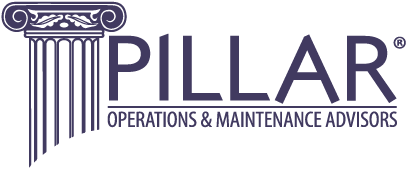Surveying is a vital step in commercial property development and construction. Land surveyors are licensed professionals who are knowledgeable about local, state and federal requirements. They also provide important information for your attorney, banker, realtor, architect and builder.
An experienced surveyor will advise you on what type of survey—boundary, topographic, land title, or mortgage inspection—should be performed. As a basis for contracts, resale, subdividing and engineering, surveying provides a foundation for many key decisions in property transactions and development. The surveyor can be a valuable resource in environmental analysis and land disputes.
Training, expertise and technical resources are key considerations when choosing a surveyor. Their understanding of existing records and property descriptions as well as their skills in mapping, identifying defects and setting monuments, as well as documentation and communicating with other parties, are essential to a job well done.
Technical aspects of surveying include advanced data, measuring and reporting methods. The modern theodolite or total station is an expensive, highly specialized piece of equipment that can save data into internal registering units or external storage. Photogrammetric scanning, satellite navigation systems, airborne LIDAR and GIS data application have greatly expanded the accuracy and effectiveness of modern surveying.
Therefore, the cost of surveying is only one factor when comparing service providers. Recommendations, resources and experience must be considered as well. Expertise, skills and judgment—all part of the high quality, problem solving approach used by our staff—come standard with PILLAR surveying services.

